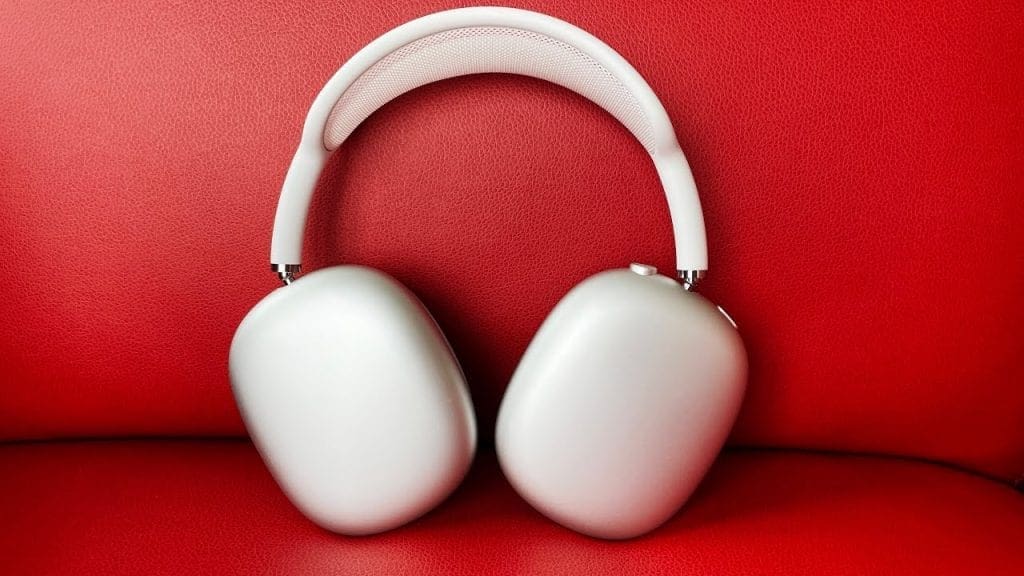A recent article from The Information highlights Apple’s ongoing efforts to develop an exceptionally thin “iPhone 17 Air” expected to debut next year. The prototypes of the iPhone 17 Air feature a thickness of just 5 to 6 millimeters, significantly thinner than the iPhone 16’s 7.8 mm profile.
This pursuit of a sleeker device has reportedly created challenges for Apple’s engineers…
According to The Information, sources indicate that Apple engineers are struggling to accommodate the necessary battery and thermal components within the device. Previous reports had also pointed out challenges in battery technology development for the iPhone 17 Air.
The iPhone 6 currently holds the record for Apple’s slimmest iPhone, measuring at 6.9mm, while the iPhone 6 Plus is 7.1mm thick. In comparison, the 11-inch M4 iPad Pro measures only 5.4mm, and the 13-inch iPad Pro is 5.1mm thick.
- iPhone 16: 7.80mm
- iPhone 16 Plus: 7.80mm
- iPhone 16 Pro: 8.25mm
- iPhone 16 Pro Max: 8.25mm
Furthermore, the report states that the iPhone 17 Air will feature only a single earpiece speaker due to its slim design, unlike current models that include an additional speaker at the bottom.
Apple is making compromises on various aspects of the iPhone’s design to achieve its thin profile. For example, due to space limitations, the new model will incorporate just one speaker in the earpiece, unlike other models that typically include a second speaker at the bottom, according to one insider.
Additionally, The Information confirms that the iPhone 17 Air is expected to come with a single rear camera, which will be placed within a prominent, centered camera bump.
According to the report, the iPhone 17 Air will be among the first iPhones to utilize Apple’s proprietary 5G modem. However, while Apple’s modem is more energy-efficient, it currently does not match the performance of Qualcomm’s 5G chips and lacks mmWave 5G support:
Despite being more efficient, Apple’s in-house modem falls short compared to Qualcomm’s in performance. Its maximum speeds are lower, and its connection reliability to cellular networks is slightly less dependable. Additionally, the modem does not support millimeter wave technology, which was introduced with the iPhone 12, enabling faster cellular speeds in specific locales.
Lastly, The Information mentions that Apple engineers have yet to determine how to incorporate a physical SIM card tray into the iPhone 17 Air. While the company has been gradually moving away from physical SIM cards in the U.S. and other markets, a SIM card slot remains necessary for devices sold in China.
“Chinese telecom companies do not support eSIM technology due to concerns over the ability to verify user identities,” noted Edison Lee, head of technology, telecom, and software research at Jefferies. “China mandates a real-name registration for all mobile users, meaning eSIM support is generally not available except for Apple Watch and iPad models.”
The iPhone 17 Air is reportedly at the early stages of production trials at Foxconn, having recently progressed from proto-1 to proto-2 status.
: . More.




